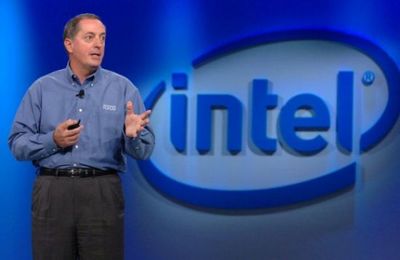The six reactors in the 2011 Fukushima Daiichi Nuclear Power Plant catastrophe had been designed by General Electric. Their design had been criticised as far back as 1972.
In March 2011, The New York Times reported that, despite earning $14.2 billion in worldwide profits, including more than $5 billion from U.S. opera
The six reactors in the 2011 Fukushima Daiichi Nuclear Power Plant catastrophe had been designed by General Electric. Their design had been criticised as far back as 1972
In March 2011, The New York Times reported that, despite earning $14.2 billion in worldwide profits, including more than $5 billion from U.S. operations, General Electric did not owe taxes in 2010. General Electric had a tax refund of $3.2 billion. This same article also pointed out that GE has reduced its American workforce by one fifth since 2002. The Times also reported that General Electric had been engineering tax reductions starting with the fees paid on its 1892 New York State charter.
General Electric General Electric,General Electric Water Pump,General Ac Electrical,General Electric Contactor Xiamen The Anaswers Trade Co,.LTD , https://www.answersplc.com On the evening of November 19th, Intel announced today that Paul Otellini, president and CEO of the company, has decided to retire at the company's annual shareholder meeting in May next year and will resign from the company's management positions and directorships.
On the evening of November 19th, Intel announced today that Paul Otellini, president and CEO of the company, has decided to retire at the company's annual shareholder meeting in May next year and will resign from the company's management positions and directorships.
After Otellini made this decision, Intel’s board will be responsible for Otellini’s succession, and the board will consider both internal and external successors.
At the same time, Intel also announced that the board of directors has approved three senior executives to be promoted to executive vice presidents, Renee James, head of software operations, and Brian Kozian, chief operating officer and head of global manufacturing operations. Brian Krzanich and CFO and Stacy Smith, Corporate Strategy Manager.
For a long time, Intel has been the master of the PC market through cooperation with Microsoft, the so-called “Wintel†alliance. While maintaining high profit margins, it has won an 80% share of the global PC processor market.
But in the rapidly growing mobile computing market, Intel is struggling. In the smart phone market, Intel’s share is less than 1%, ranking behind Qualcomm, Samsung and ARM. This has caused some investors to worry about whether Intel's dominance will end.
Otellini’s decision means that he will leave the company that has been serving for nearly 40 years. In the next six months, Intel will carry out an orderly management change.
Andy Bryant, chairman of Intel’s board of directors, said: “Otellini is a good corporate leader and the fifth CEO of Intel since its establishment 45 years ago. He successfully led the company through various difficulties and industry changes. The Board of Directors expressed its gratitude to the company for its great contribution to the company and its outstanding performance as a CEO in the past eight years."
Otellini said: "It's my honor to lead the world's greatest company. I have been working for the company for nearly 40 years, including 8 years as CEO. Now is the time to leave and give management to a new generation of leaders. During the next six months of transition, I will continue to work with Bryant, the board of directors, and the company's management team to complete the handover. After leaving the company, I will be transferred to the company’s management team.â€
Otellini's resume:
Paul S. Otellini is President and CEO of Intel. On May 18, 2005, Otellini succeeded Craig R. Barrett as Intel's fifth CEO. Prior to this, Otellini has been President and Chief Operating Officer (COO) of Intel since 2002. In 2002, Otellini also entered the Intel board of directors.
Otellini joined Intel in 1974 and led several Intel business units, including PC and server processor divisions, and global sales and marketing.
In 1972, Otellini obtained a bachelor's degree in economics from the University of San Francisco and an MBA from the University of California, Berkeley, in 1974. In addition, Otellini is also a Google board member and a member of the US President’s Employment and Competitiveness Committee.